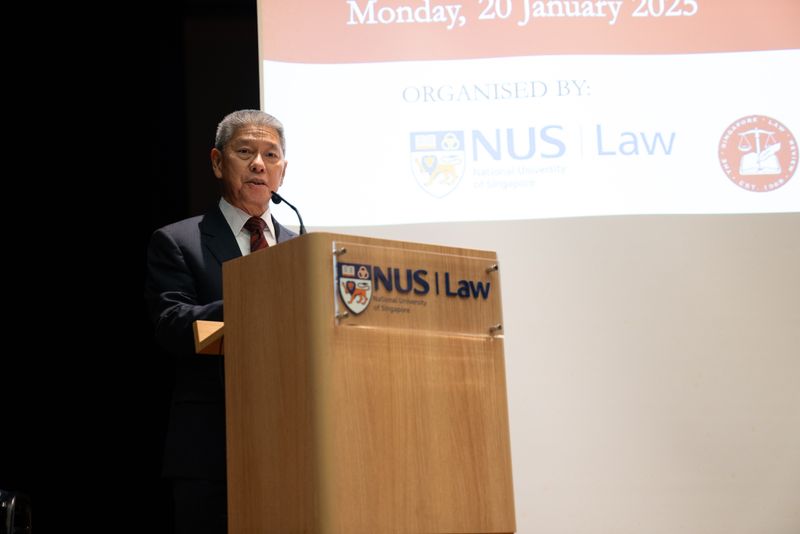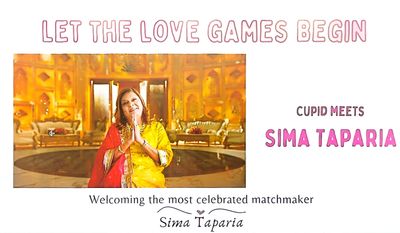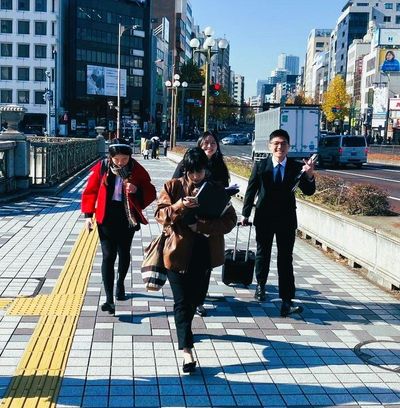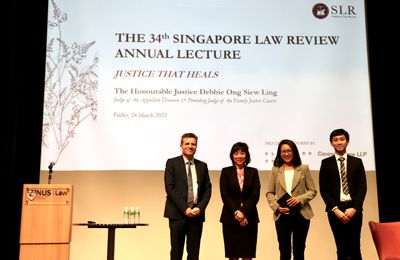“I hope I won’t disappoint you, in that the lecture will not be about the law.”
It was a most unusual opening for the 36th edition of the SLR Annual Lecture. Conceived with the objectives of promoting legal thinking, writing and discussion among members of Singapore’s legal fraternity, the SLR Annual Lecture is the Singapore Law Review’s flagship event.
Held on a Monday evening, this year’s Annual Lecture was centred on the theme of ‘Happily Ever After: Law and Justice for Broken Families’. The atmosphere in the auditorium was sociable, with the air of a homecoming dinner. Pleasantries like "Hello, how are you? Are you fine, keeping good?", "Don’t need the CPD (continuing professional development) points, ah?” and “One of your students just tried to sell me a journal!” were exchanged by some members of the legal fraternity who arrived early.
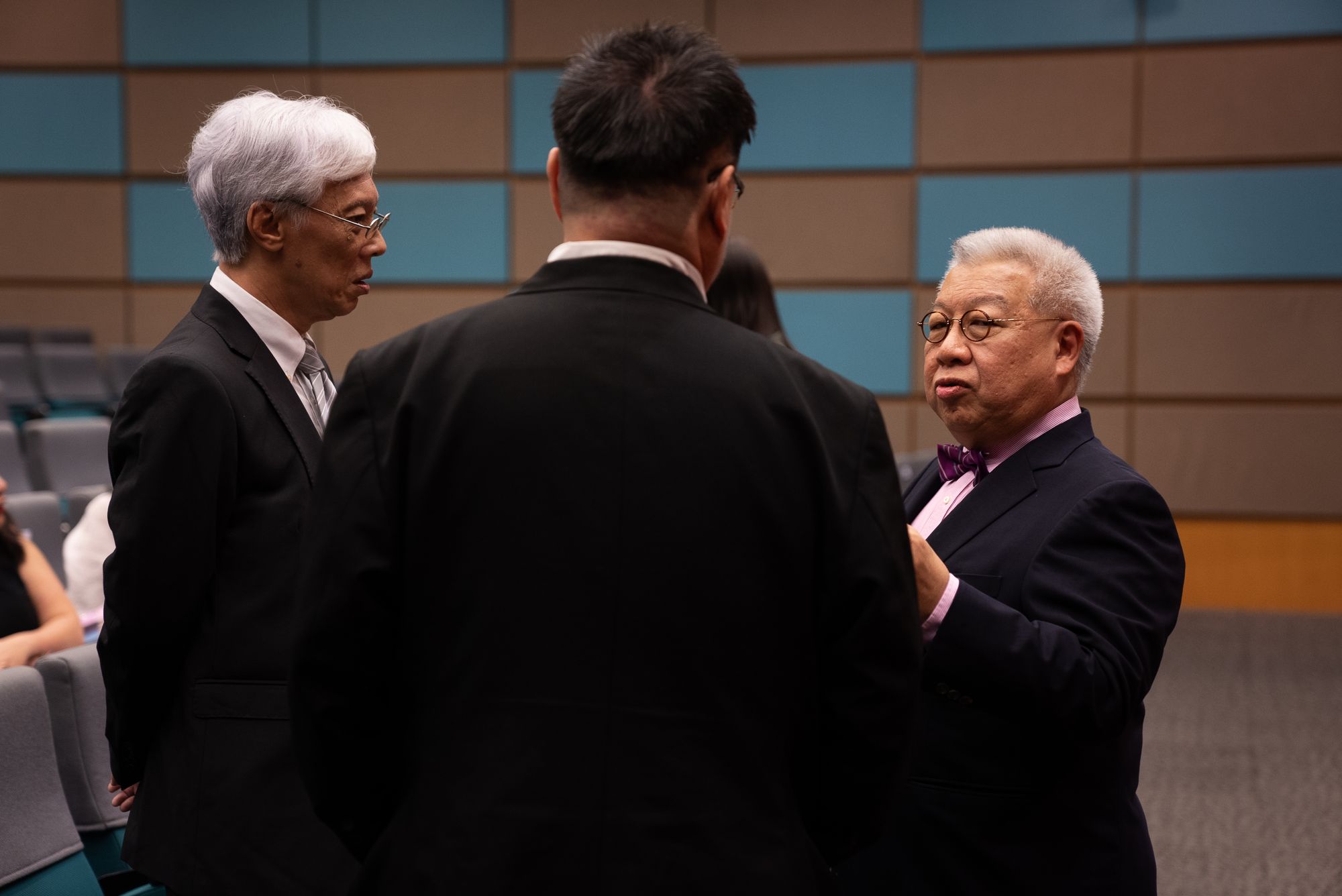
After the opening speeches by the SLR Editor in Chief Ms Ang Li Hui, Vice Dean Mr Justin Tan and sponsor Ms Gloria James-Civetta, Ms James-Civetta introduced this year’s guest lecturer – “a few years ago, he gave up his life of crime and is now a family man,” she joked.
Through his lecture, Honourable Justice Choo Han Teck (whose ‘judicial diet’ includes criminal matters and family justice matters) sought to shine a spotlight on divorce and its consequential issues. These are difficult matters, not just for the parties involved but for professionals in family law too.
Apart from the usual suspects of lawyers and law students, the lecture attendees also included social workers, pre-university students and several members of the judiciary (including in particular judges from the Family Justice Courts).
This diversity was echoed in Justice Choo’s speech, when he spoke about the diverse community that family law engages: “By [family law] professionals, I include social workers, counsellors, doctors, lawyers and judges. I shall try not to stray over too much ground, but I think that it is necessary to widen the scope of inquiry so that the point of this lecture can be examined from a greater variety of angles and from different levels of perception.”
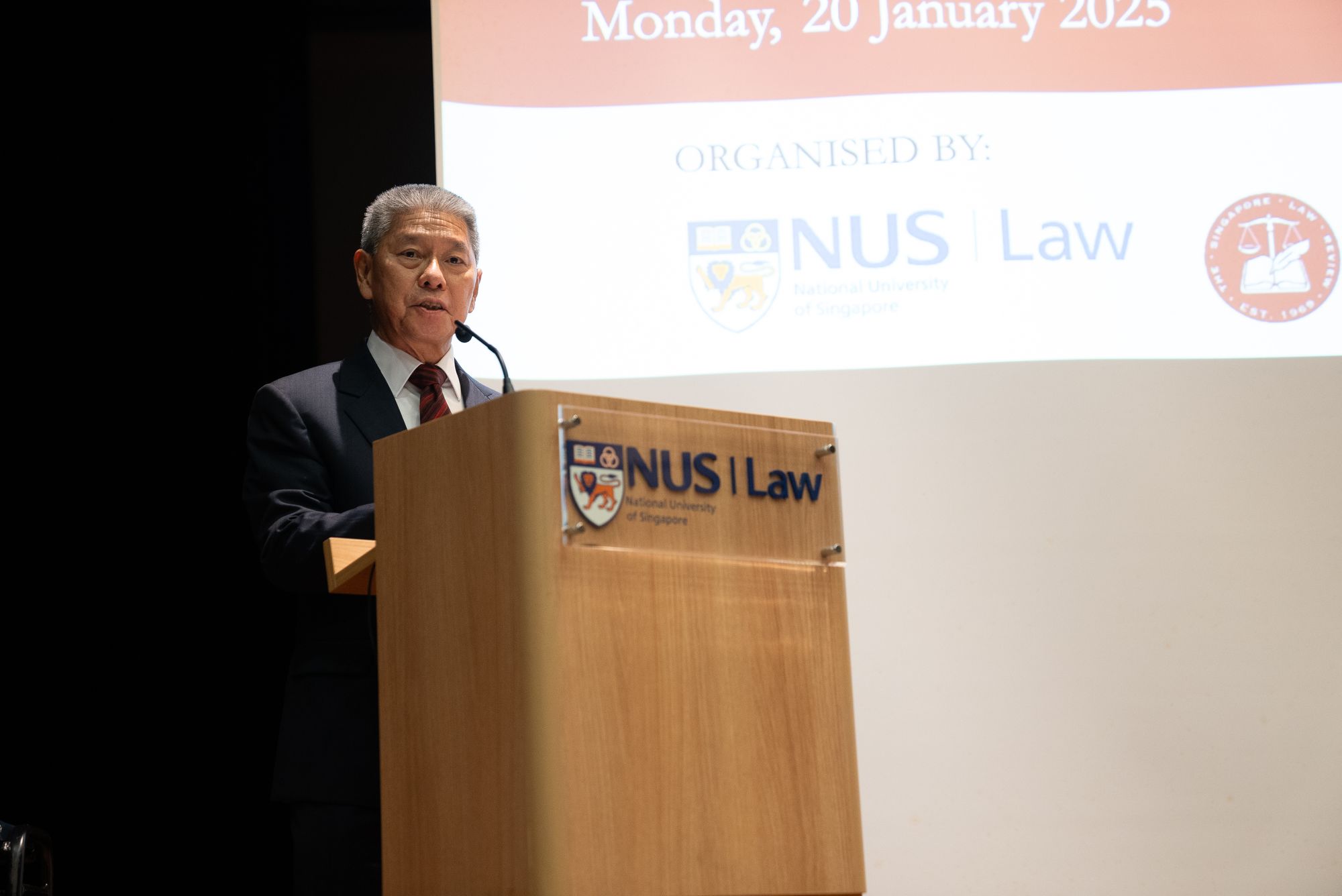
True to his word, very few points of law were discussed. In his lecture, Justice Choo drew ideas from a varied range of thinkers (“some of which I may not agree with because I am still ruminating over them”), leading attendees on an existential odyssey of marriage. Justice Choo canvassed the origins of marriage, examining the general development of love and the “transformation of marriage from being an affair of the pocketbook to an affair of the heart.”
Some of the topics covered were: the beginnings of marriage as an institution, why people remain in unhappy marriages, no fault divorce, the difficulties modern women face in juggling work and children.
"The position of wives in the shadow of their husbands was a long one. It was only in 1909 when The Civil Law Act freed the husband from liability for his wife’s debt. 8 That was intended to free the husband, but it was also the first step in recognising the wife as an independent person. And the fuller emancipation of women under the Women’s Charter was not to arrive until 1961. This Act abolished polygamy, which until then, was permitted by the common law of Singapore. The independence of women progresses at a different pace across the world. In the stirrings of the reformist movement in late nineteenth century, Mona Caird published an article in the Westminster Review, under the title, ‘Marriage’. She maintained that ‘the present form of marriage — exactly in proportion to its conformity with orthodox ideas — is a vexatious failure’. Intrigued, The Daily Telegraph published various articles questioning whether ‘marriage’ is a failure. The result was that within a couple of months, the paper received 27,000 letters from wives, husbands, single women, bachelors, widows and widowers. People of all sorts of occupations from barmaids to physicians wrote in response.”
Justice Choo then transitioned to the different situations in which family law professionals may deploy intuitive or analytical thinking, and how their judgment can be skewed by noise or bias, referencing the writings of Daniel Kahneman. "It is normal for humans to act intuitively,” he said, “but it is the introduction of noise and bias that signify inconsistency and are what lawyers understand as ‘palm tree justice’, where the judgment depends on the idiosyncrasy of the judge.”
The lecture was also sprinkled with literary references – Henrik Ibsen, Mark Twain, Leo Tolstoy, Mona Caird and Virginia Woolf, though there might have been many more that this reporter did not catch – and anonymised case studies from matters Justice Choo had dealt with before, showcasing his wide breadth of knowledge.
Remarkably, all of this was achieved without the use of any lecture slides.
After quoting the lyrics of a John Denver song (“Love is why I came here in the first place/Love is now the reason I must go”), Justice Choo concluded his lecture with the musing that domestic troubles are as plenty as they are different. He emphasised the need for family law professionals to balance empathy and critical analysis to ensure that their judgments are fair to all parties involved.
“[N]o matter how each of us sees the problem and its solution, the process is incomplete if it is not driven by empathy. Empathy is developed, first, through knowledge and understanding. It is the process in which we do not just stand by the side and sympathises with how a person suffers. We stand in his shoes to feel his pain. And yet we must also maintain a sense of detachment to attain an objective measure of the problem…Such is the quotidian sacrifice of professionals dealing with domestic and legal problems in family law. It is also the source of inspiration, not only to themselves but to all others who may follow.”
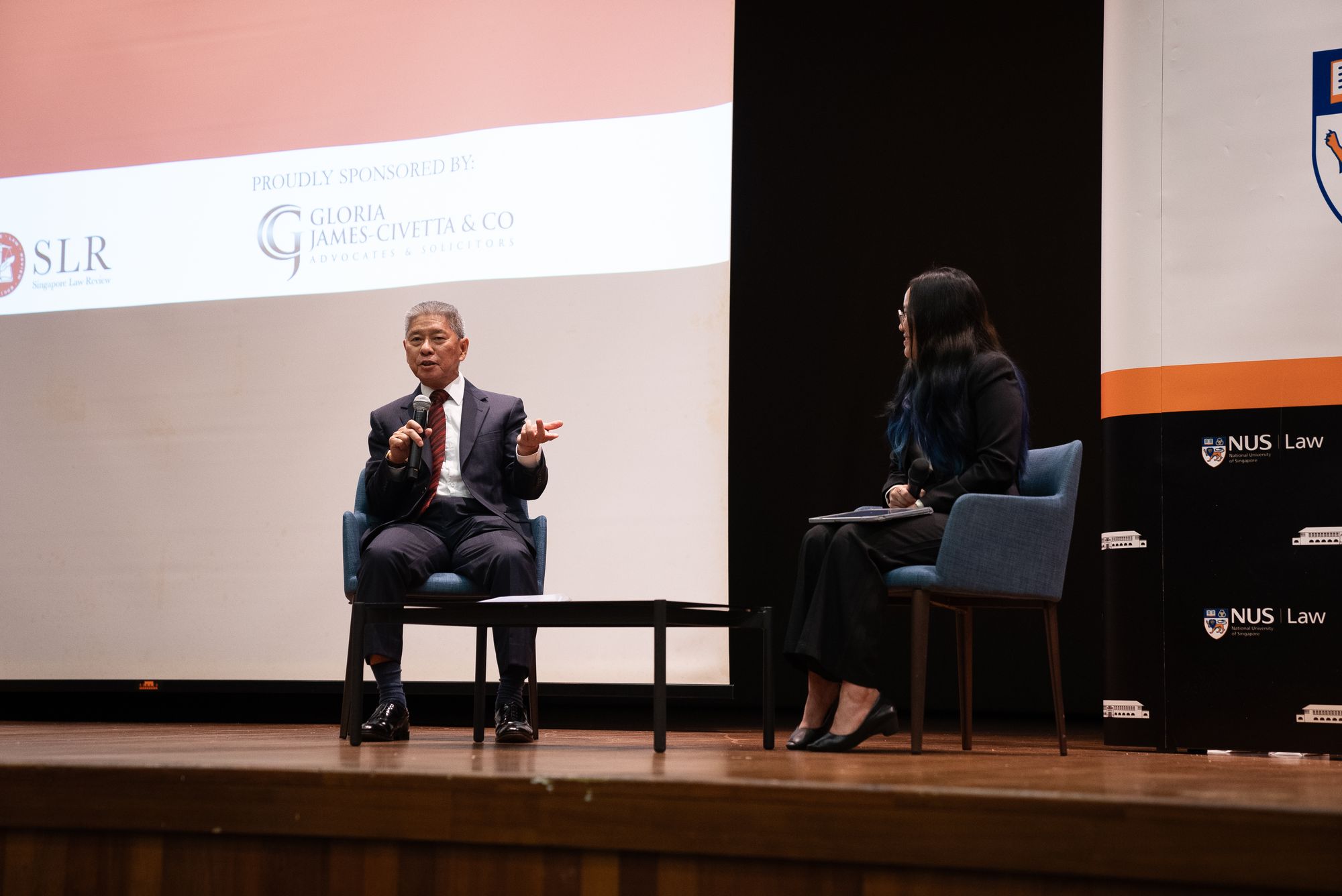
The lecture was followed by a lively Q&A, where Justice Choo revealed the surprising backstory behind how he came to be a lawyer.
Zheng Yun, a junior college student from Hwa Chong Institution, asked: “Why did you choose to enter law, why did you stay, and why are you still here today?”
Justice Choo shared that he had initially intended to study history instead of law. However, due to a mix-up that occurred when he handed his application form to his cousin, he ended up receiving an offer to read law. It was only eight years later, when he was already practising law, that he found out what had happened to his application.
“I was scratching my head, wondering why it was so hard to get into Arts that year!”
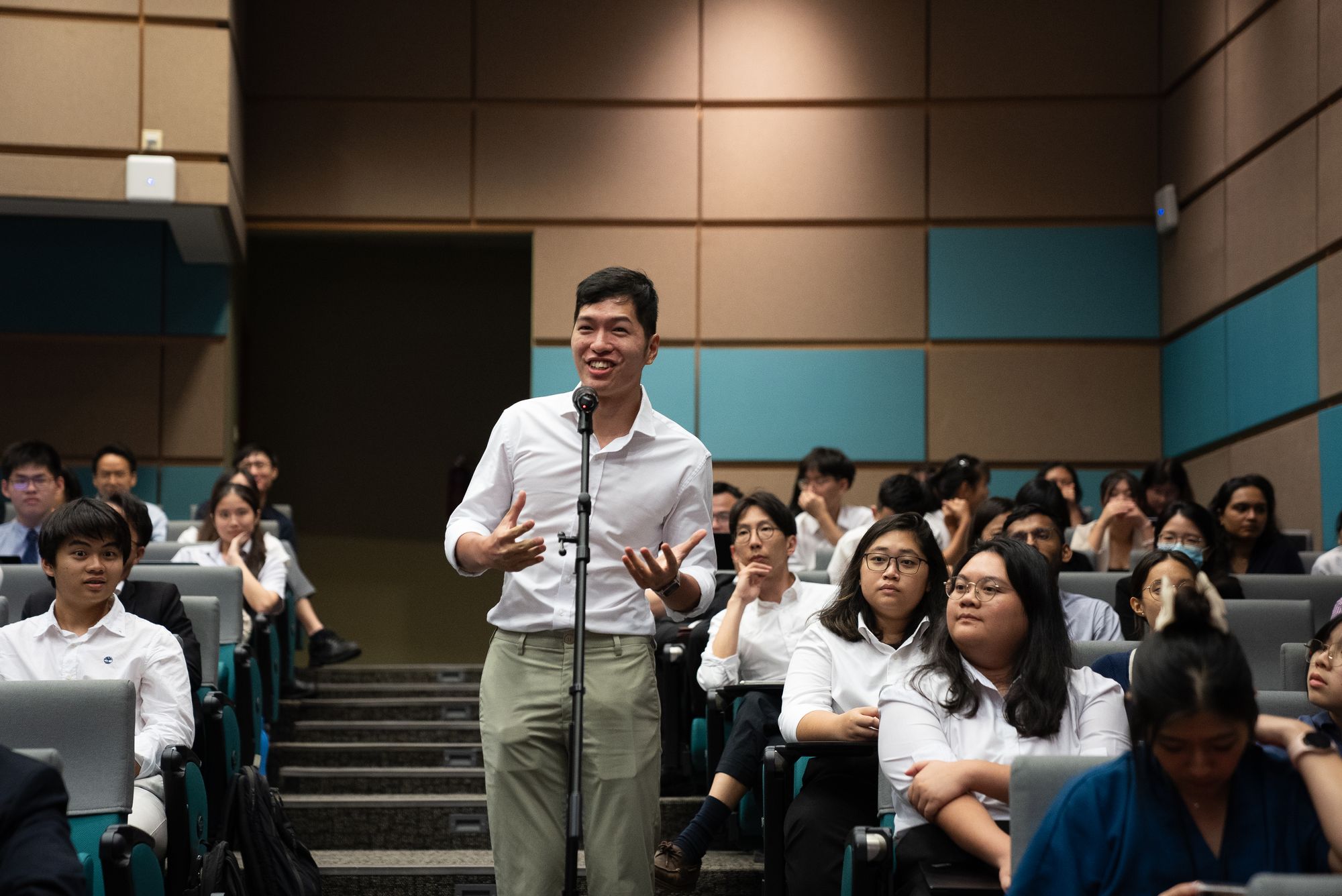
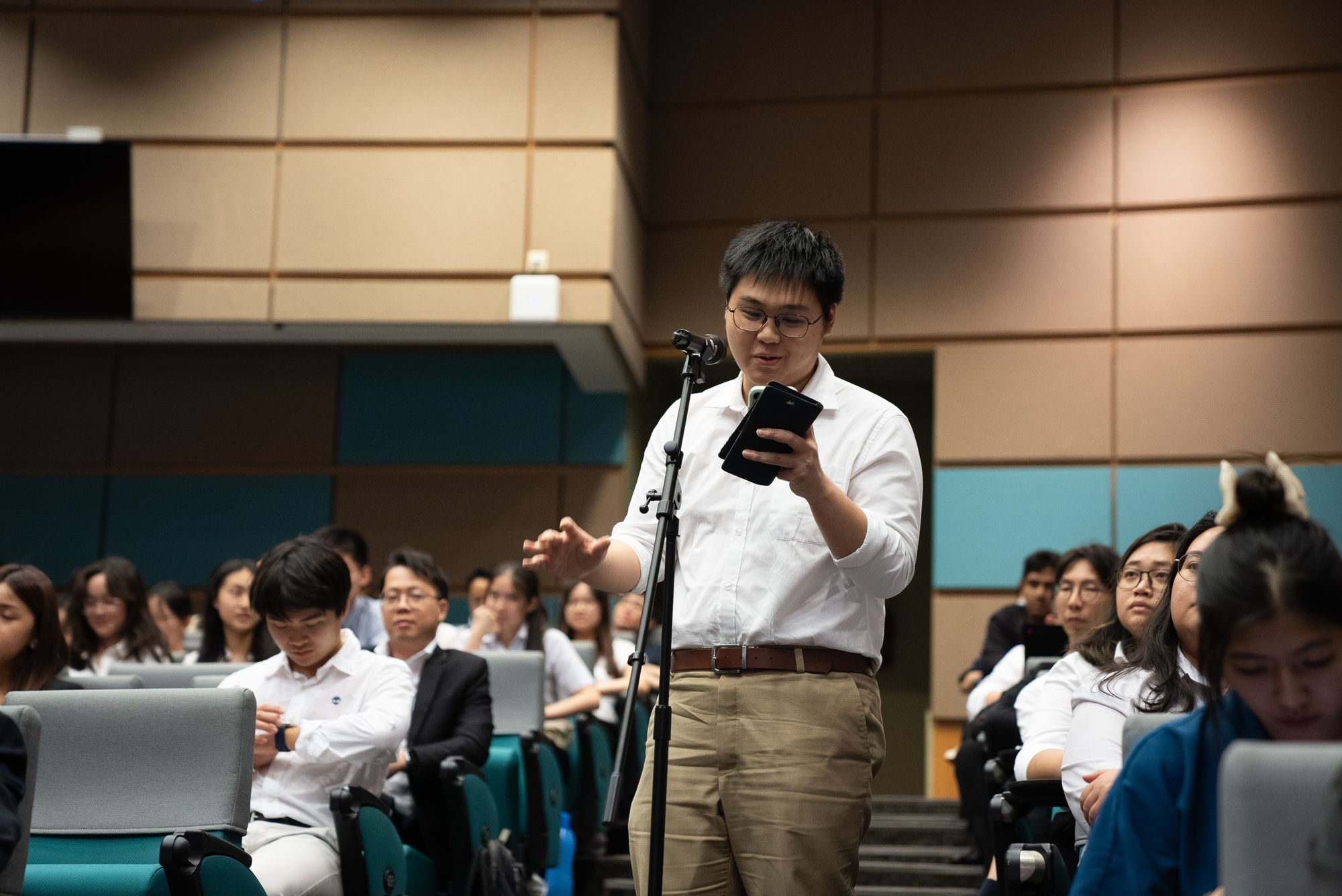
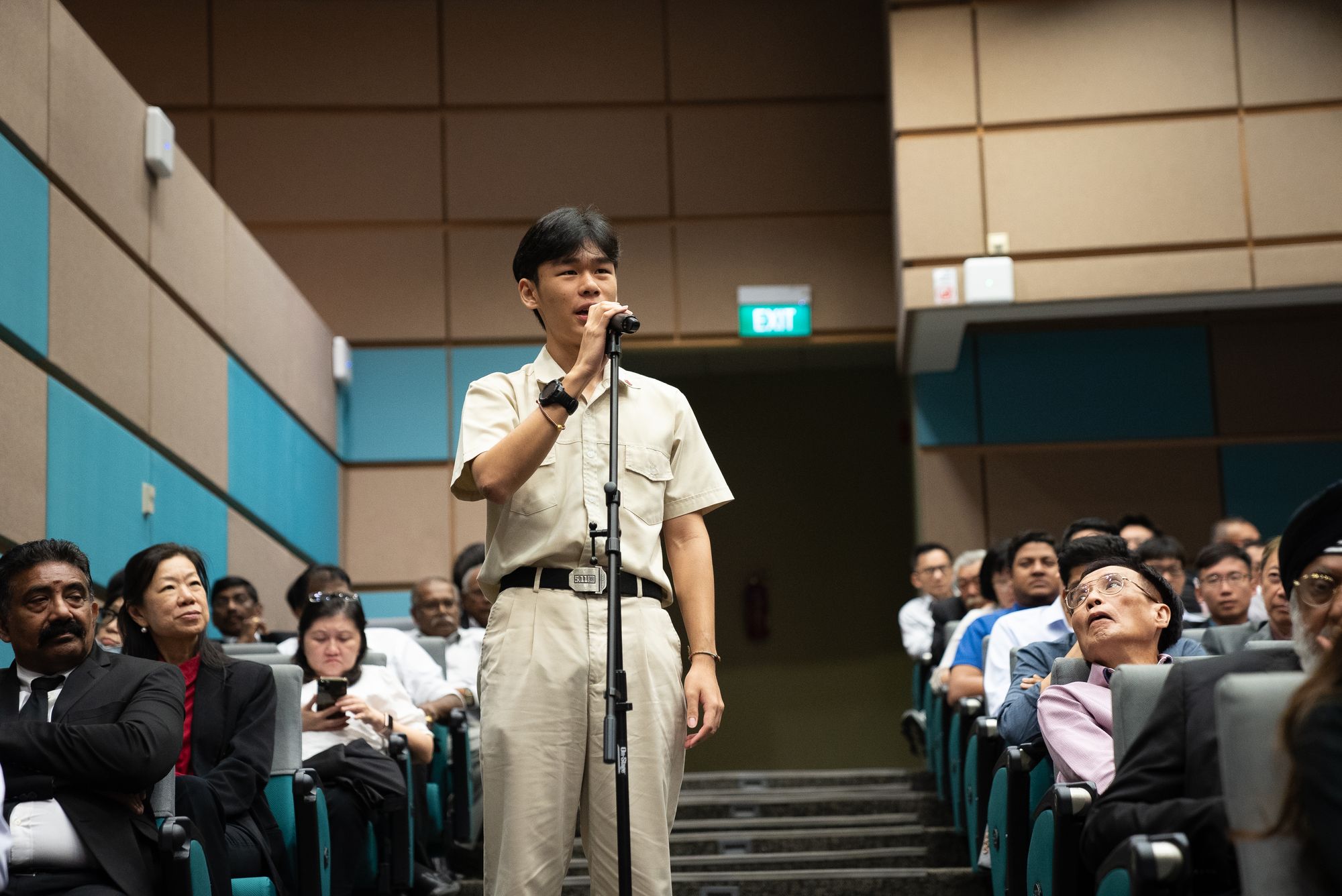
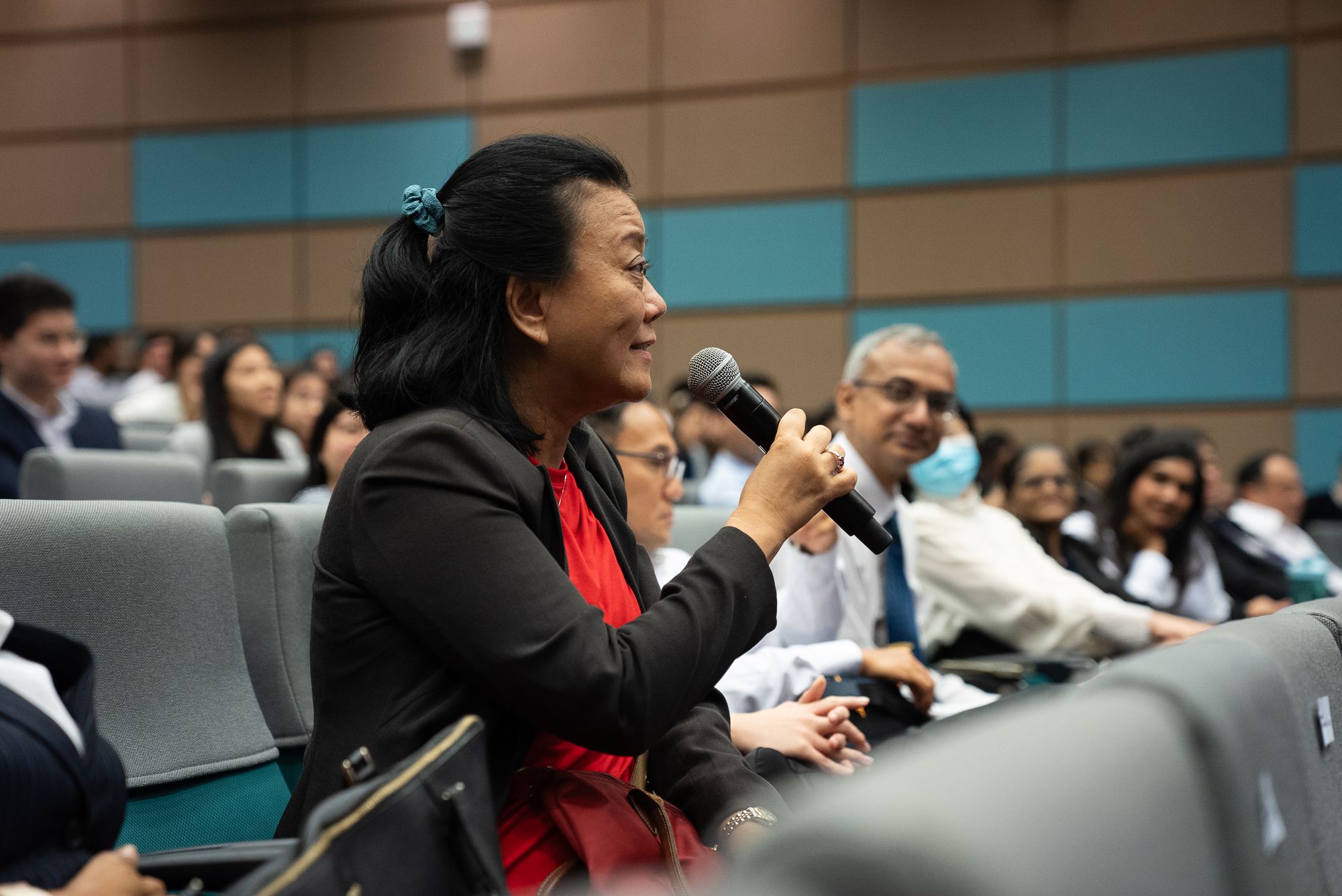
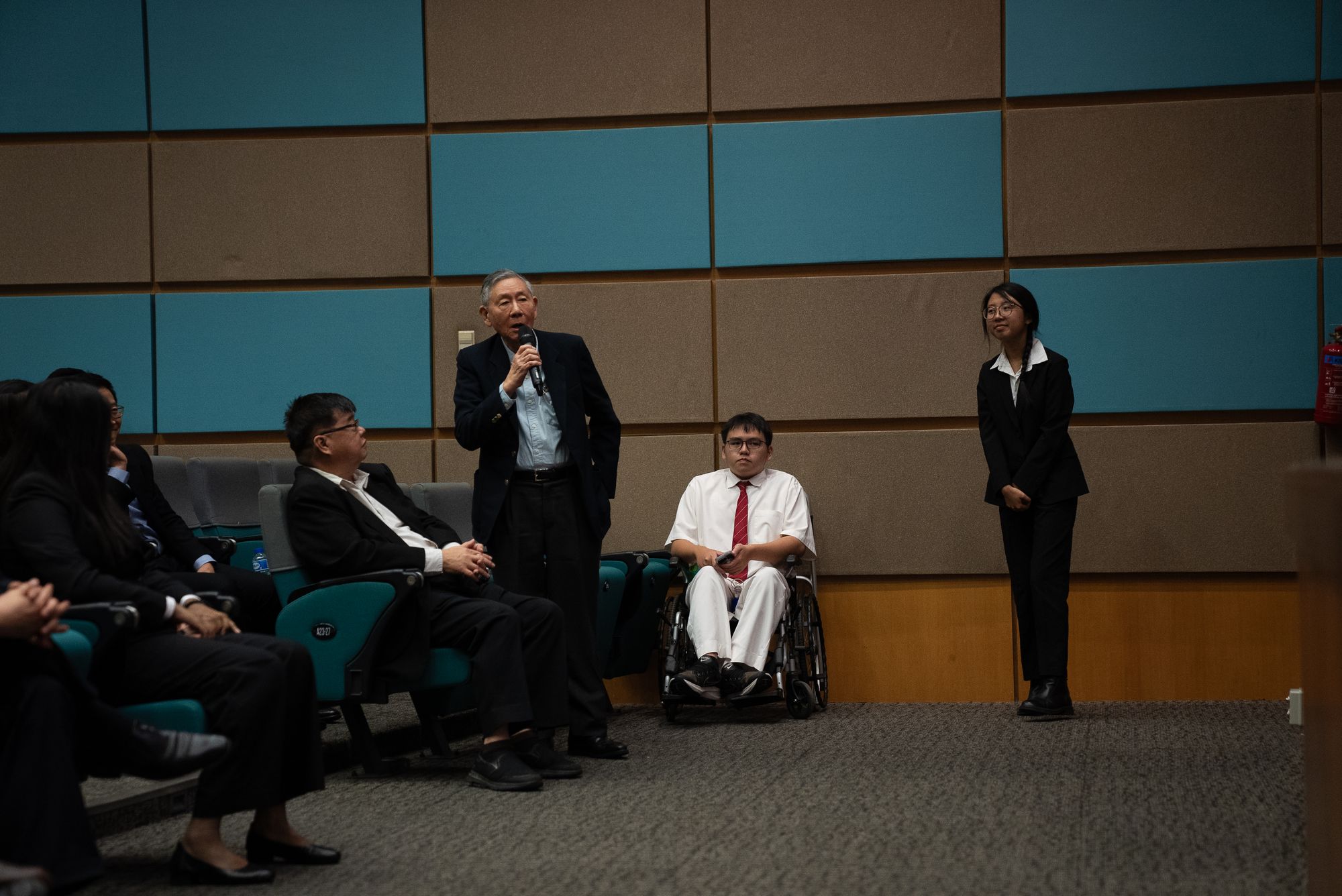
“The SLR team was pleased to see strong interest in the 36th Annual Lecture, with over 390 signups weeks before registration closed and the venue reaching full capacity on the day itself,” said SLR Chief Editor Ang Li Hui. “As with previous years, we’re very heartened by the continued enthusiasm for the Lecture, especially given the important topic being discussed today.”
Additionally, Li Hui noted that this year’s Lecture saw a record number of journal sales, with the SLR team even managing to sell copies from three volumes ago.
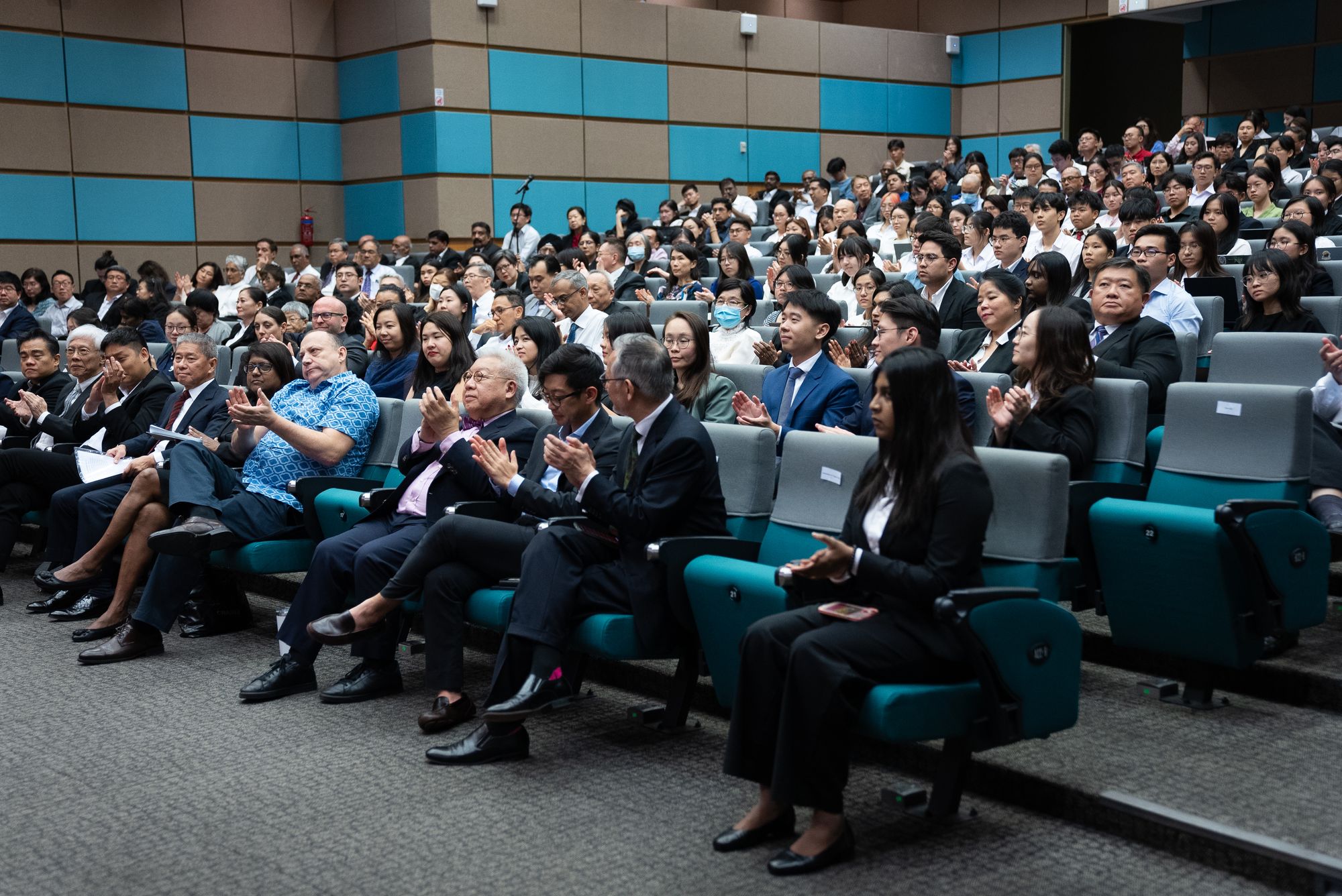
SLR had also reached out to several junior college and polytechnic law interest groups through their career offices. At the post-event reception, I managed to speak to some of these pre-university attendees.
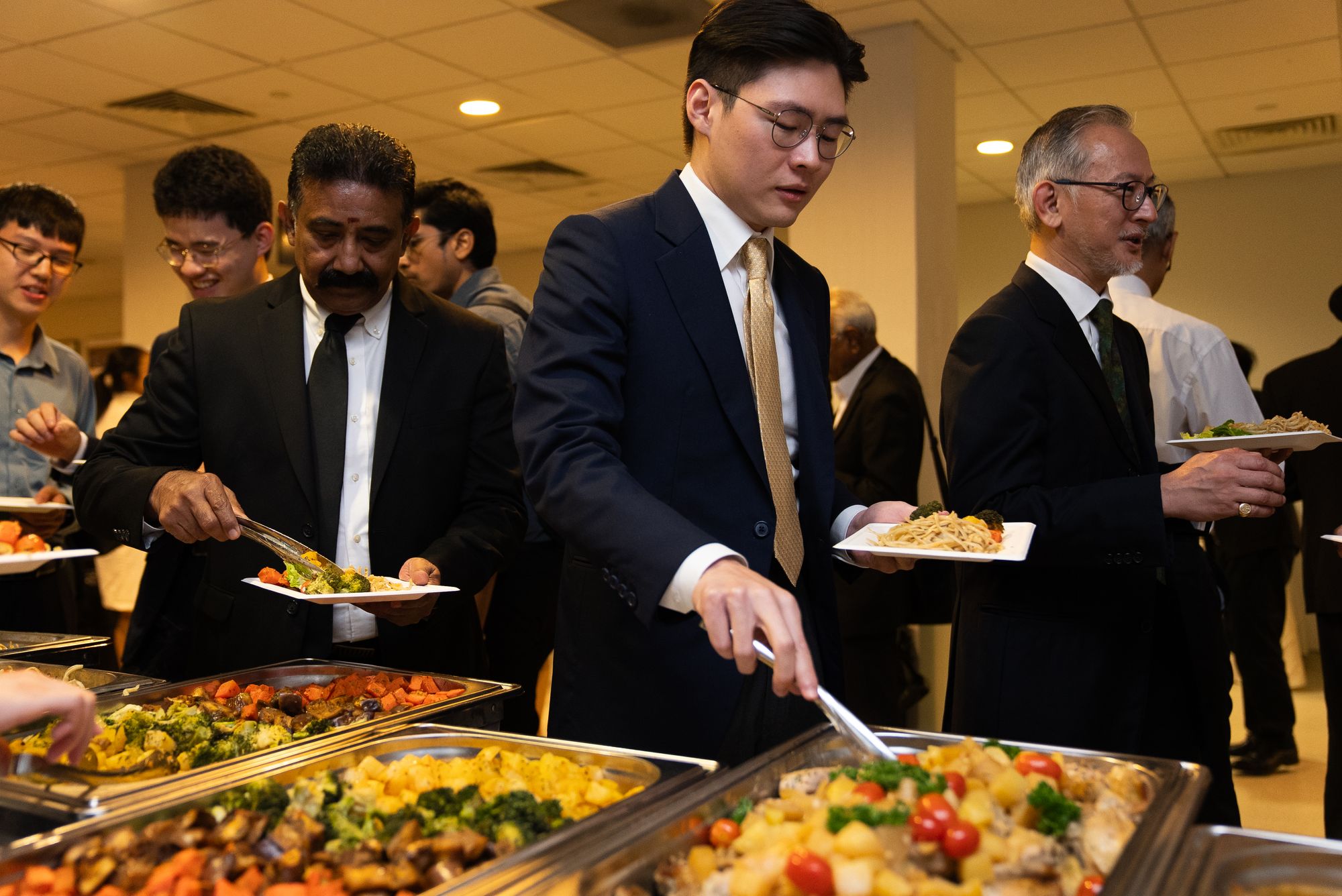
“I’ve always been interested in family law and wanted to have an insight from Justice Choo. I also thought it might be a good idea to meet people from this sector,” said Syafiqah, a 2nd year Law student from Temasek Polytechnic.
This sentiment was echoed by her coursemate, Averlyn. “It was an interesting topic to explore and listen about, and a rare opportunity to hear from a judge, which increased my level of understanding.”
“Feedback from attendees was very positive,” commented SLR Chief Editor Li Hui after the event. “Some attendees commented that it’s one of the most entertaining legal lectures that they have attended before!”
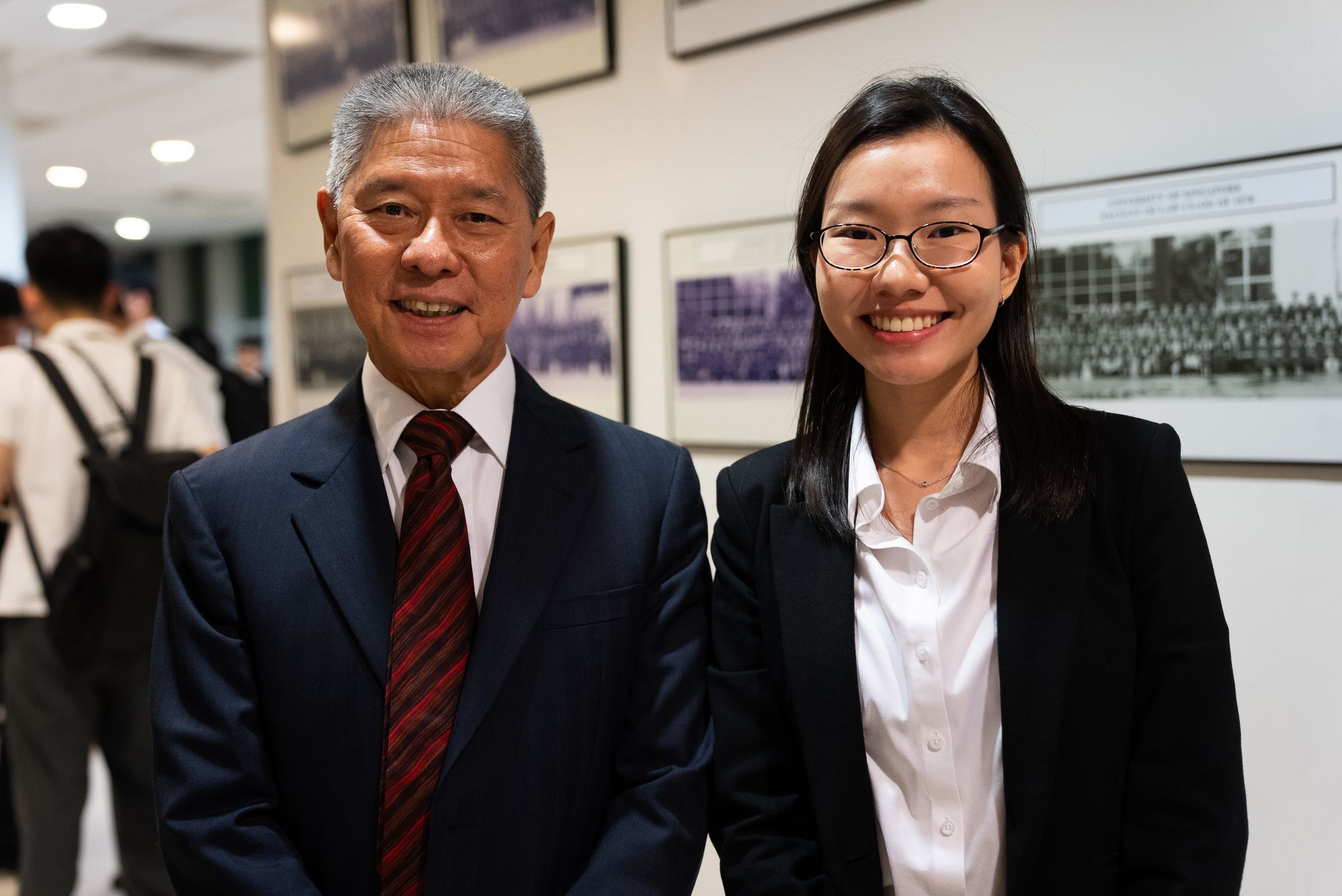
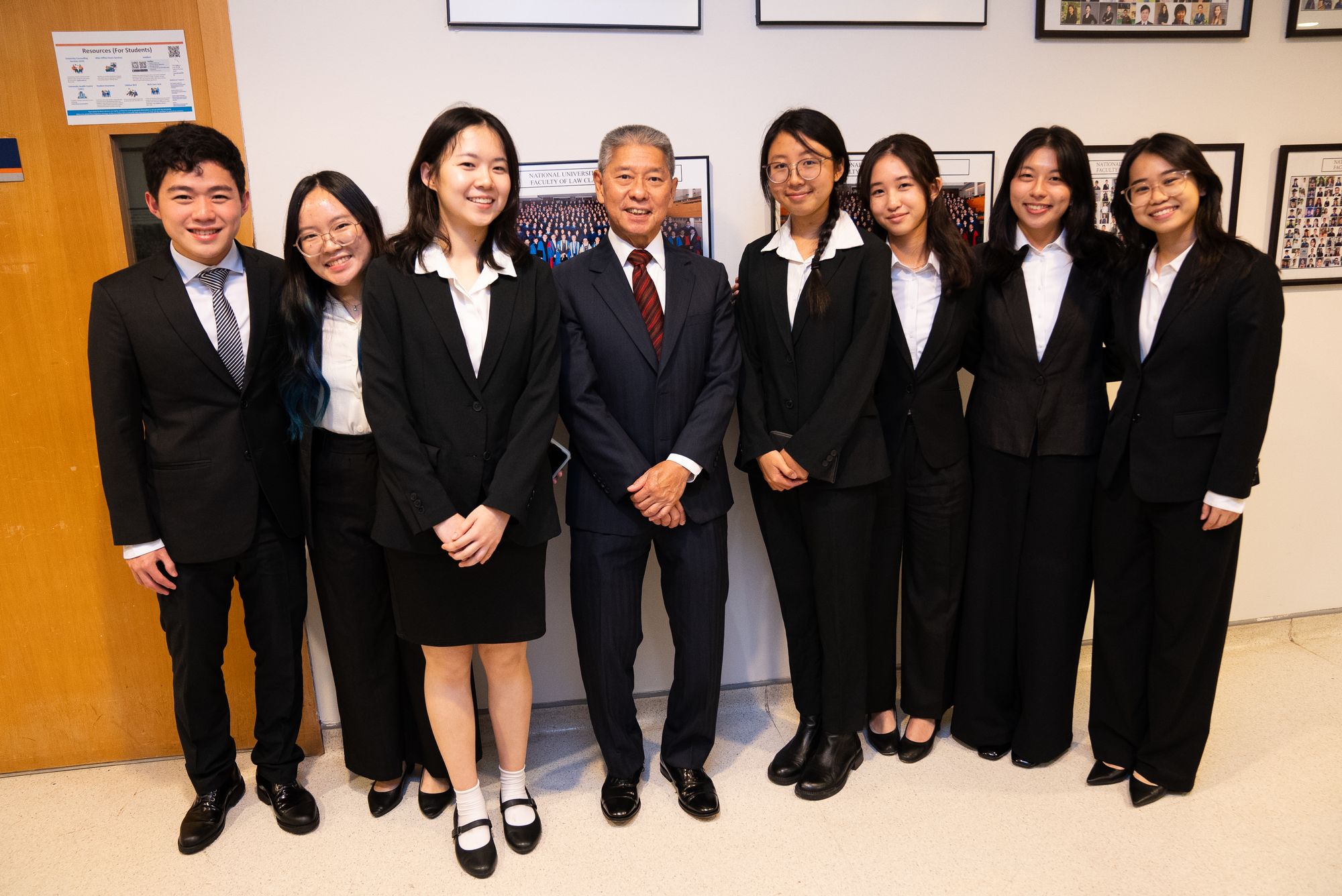
The SLR Annual Lecture 2025 Organising Committee
Ang Li Hui, Chief Editor
Karthikeyan Samyukta, Deputy Chief Editor (Administration)
Jovan Tay, Deputy Chief Editor (Journal)
Akhilaa Yogarajah, Secretary
Mirella Ang Yuan Ning, Junior Executive Editor
Mark Theng Kaijun, Junior Executive Editor
Ng Jun-Kai, Junior Executive Editor
Qu Chenxin, Junior Executive Editor
Nicole Lim Qi En, Junior Executive Editor
Zhang Kexin, Publicity & Communications Director
Jamie Chen, Events Director
Valerie Sng, Events Director
All photos by Alan Seah
For a full transcript of Justice Choo’s lecture, look out for the latest edition of the SLR, published in July 2025!

